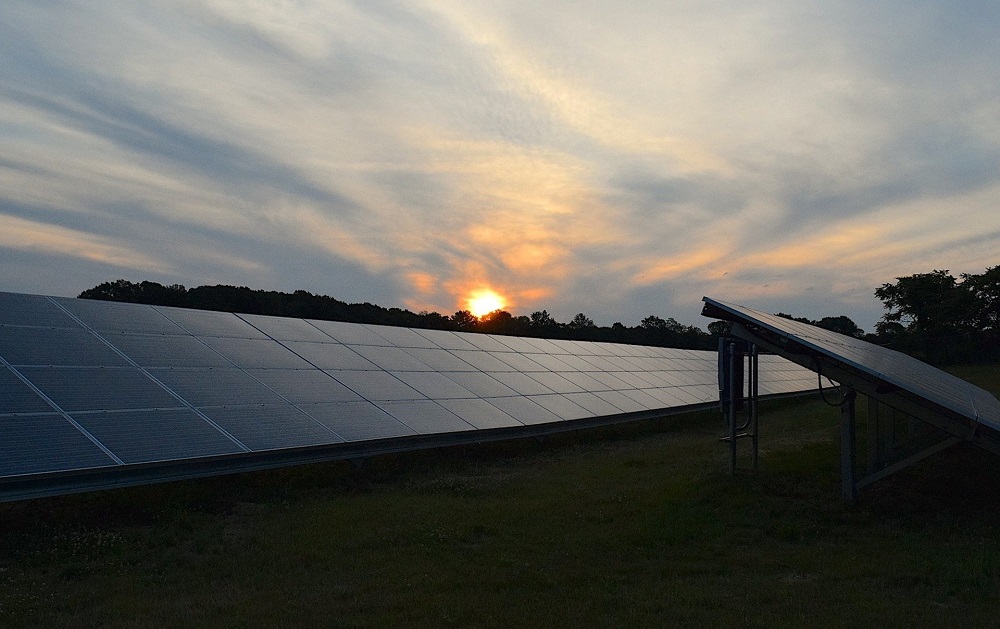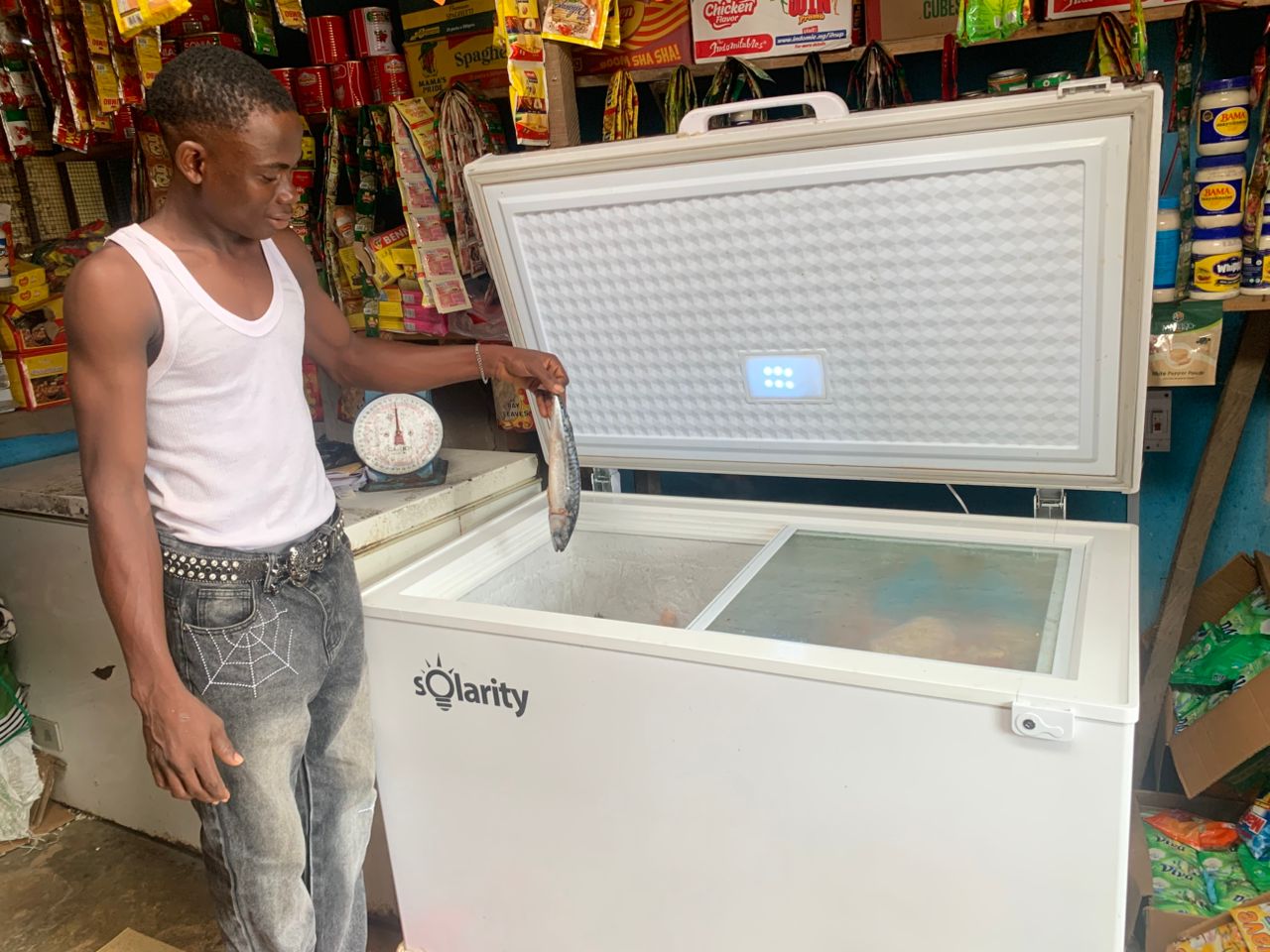Debunking the Myth: "Solar Doesn’t Work in Cloudy Weather"
- October 2, 2024

If you’ve ever thought about going solar, you might have heard the common myth: “Solar panels don’t work in cloudy weather.” This misconception stops many people from embracing solar power, especially if they live in areas that aren’t always sunny. But here’s the truth: solar panels do work on cloudy days—and they can work surprisingly well!
How Solar Panels Work on Cloudy Days
Solar panels convert light into electricity, not just direct sunlight. Even on overcast days, diffused sunlight is still present, and solar panels are capable of using this light to generate power. The output may be lower compared to a bright, sunny day, but it’s definitely not zero.
In fact, some countries with frequent cloudy weather are leading the world in solar energy adoption. Take Germany, for instance—it’s one of the top solar power producers, despite having many cloudy days throughout the year.
Cloudy Weather and Solar Efficiency
It’s true that solar panels are most efficient in direct sunlight. However, advancements in solar technology have improved panel efficiency, allowing them to work effectively even in low-light conditions. Modern solar panels can produce 10-25% of their normal power output even when it’s cloudy.
Another interesting fact is that panels often work more efficiently in cooler temperatures. Cloudy days are often cooler, which can actually help panels perform better compared to extremely hot, sunny days where efficiency might be lost due to overheating.
No Sun, No Problem!
For those worried about losing power on cloudy days, solar battery storage can be a great solution. Batteries store the excess energy produced during sunny days so that you have a backup for those cloudier moments or at night.
Conclusion
The idea that solar panels don’t work in cloudy weather is simply a myth. While solar panels perform best in direct sunlight, they can still generate a significant amount of energy on cloudy days, thanks to modern technology and the ability to use diffused light. So, even if you don’t live in a sunny paradise, solar power can still be an excellent choice for reducing your energy bills and your carbon footprint.
Ready to bust more myths and explore solar energy? Reach out to learn how you can power your home sustainably, come rain or shine!



